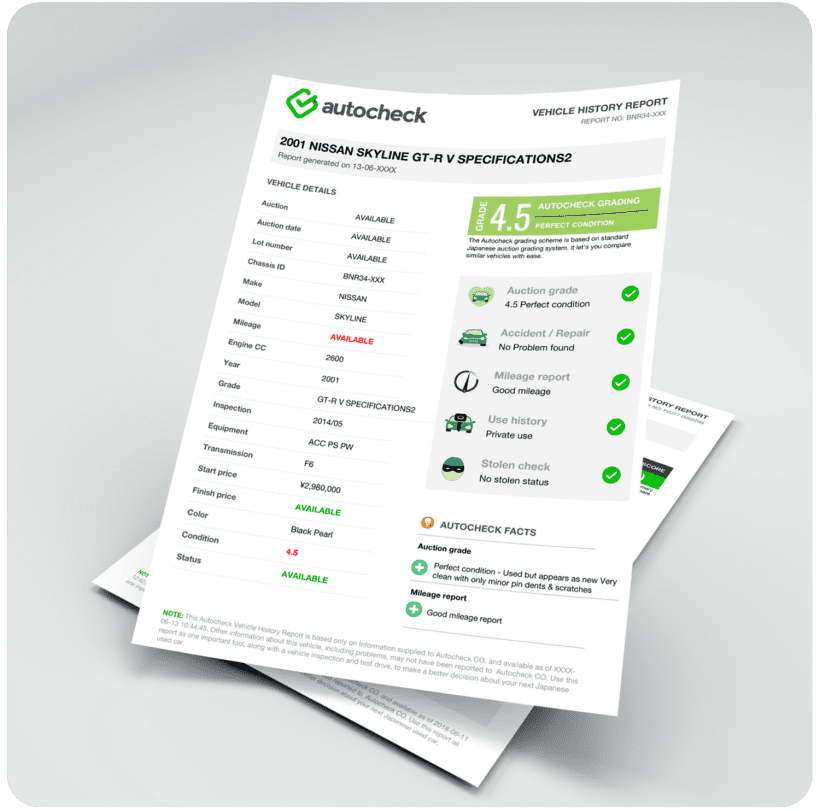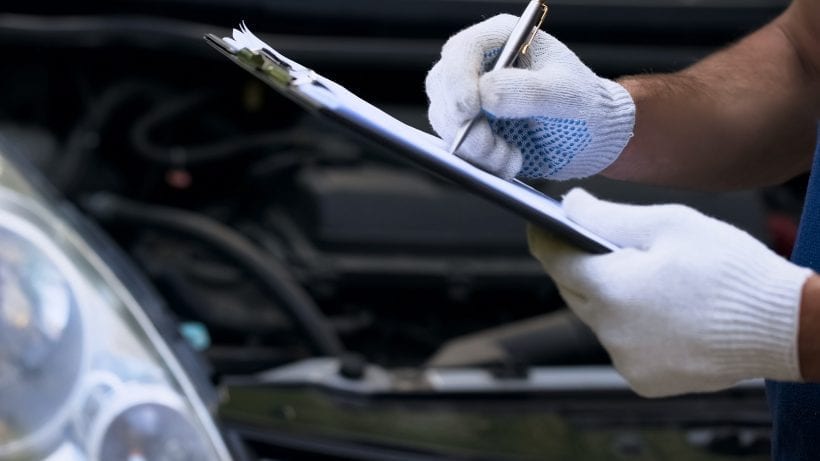Buying a car is not a simple process. There’s so much to choose from, and the wide variety of cars on the market make it no easier for a soon-to-be car owner. There are dozens of brands and their models, as well as numerous features or criteria you could find important or even crucial for finding the right one, the one that’s your perfect match. Automobile industry offers different types of cars to fit your preferences and your budget. From addressing your needs, to specifying the car size and the class, price range and additional features, aesthetic requirements, and after doing financial calculations, there are still a lot of other things to consider or double-check before you hop in a new vehicle.

The first thing to do is a thorough check-up. If you decide to buy a used car, the list of challenges and things to pay attention to is even longer. It doesn’t mean this is necessarily a worse option than buying a new one. It simply means that some precautions need to be made.
How will you determine if the car you like is the right choice? Only by covering all the aspects of finding out about the condition of the cars you’re interested in. The first one would be – your mechanic’s opinion after a detailed inspection. The second one is all the information you can get about the car’s past – vehicle history report.
Is your future car worth acquiring? The million-dollar question often seems too hard to answer unless you’re ready to dedicate some time and energy to find the answer. Choosing the reputable and reliable sources of history reports such as cheapcarfaxreport.net will allow you to get the info from all the possible bureaus, whether they are insurance or rental companies, service facilities or other agencies.
Understanding the exact condition of the car you wanna purchase is essential for making the right choice. Vehicle history report will help you tremendously, providing you with all the information you need. What is it anyway? It could be called a vehicle’s biography with the ownership history, mileage, maintenance records, possible accidents, repairs, and upgrades – literally anything that has something to do with the targeted vehicle. This is what you get by checking the car’s unique number called VIN which stands for a vehicle identification number. As the name says it all, it’s like a blueprint or a social security number (but for cars) that every vehicle has as a combination of numbers that’s completely unique compared to others.

By having the VIN checked, you’ll enter the database and see the car’s complete history. But are these information accurate?
In the majority of cases, the info you get is completely accurate. You can get a report directly from the car dealership, or you can purchase it by yourself, paying between $20 and $40 per car or even less if you’re interested in checking out several ones.
A crucial thing you can find out is the car’s history of accidents. This is vital for you because in more serious cases, the damage tends to be too serious and it can consist of some structural problems and deployments. This means you should carefully check the car with a mechanic, and look specifically for structural issues. Check the airbags and see where the car has been repaired and have the parts been bought in a reputable shop. This leads us to a second advantage of the reports. If a car has a title that says it’s branded then it means that it has been deemed a total loss. On the other hand, you can easily find out if it was stolen, failed emission tests, or has some warranty defects.
Other than that, you can come across different issues such as prior collisions, or weather-related problems such as flood, snow or hail damage, or even fire. However, it doesn’t mean that it hasn’t or can’t be fixed, it just means that you need to pay some extra attention to the parts that were damaged and the overall condition. Sometimes, you can use whatever you find in your report, as a great negotiation start, and you might be able to significantly lower the listed price.
Odometer mileage reading is something you can easily check, comparing the car reports with the actual dashboard. If you find out that the numbers differ, then it means that the odometer has probably been rolled back. You should avoid these cars at all costs.
However, even though reports themselves are mostly accurate, other problems may occur. You could face even worse difficulties if some information are missing.

The majority of people contact their insurance companies when they experience a problem with their vehicle. This is being added to the car history report and becomes available to you or anyone else in the future. But what if someone chooses not to fix the damage with the help of an authorized agency? This means that the info will be left out, and you may never find out about it, unless your mechanic spots something, manually inspecting the car.
The other aspect is time. The time gap between its history and its current condition is oftentimes a great space for maneuvers, meaning that a car can be sold before its history gets updated with the negative information. Therefore, you need to be aware of the possibility that the last info you have is not the newest.
And finally, purely mechanical issues are almost always left out, so it’s up to you and your trusted mechanic to get through the inspection carefully and meticulously to see if there’s a component prone to early failure or you simply need to replace some smaller or bigger parts. For this, your history report will be completely useless.
All of this leads us to the conclusion that a mechanical check-up and a history report are inseparable pieces of the puzzle that you need to solve simultaneously to get the whole picture about the car you wanna buy. While going through the report, pay attention to the information you do have, and tell your mechanic what to focus on. Don’t act too fast and have in mind that you need to collect everything from the sources you have, so putting in some extra effort in the beginning, may pay off later, if the purchase proves as successful.

